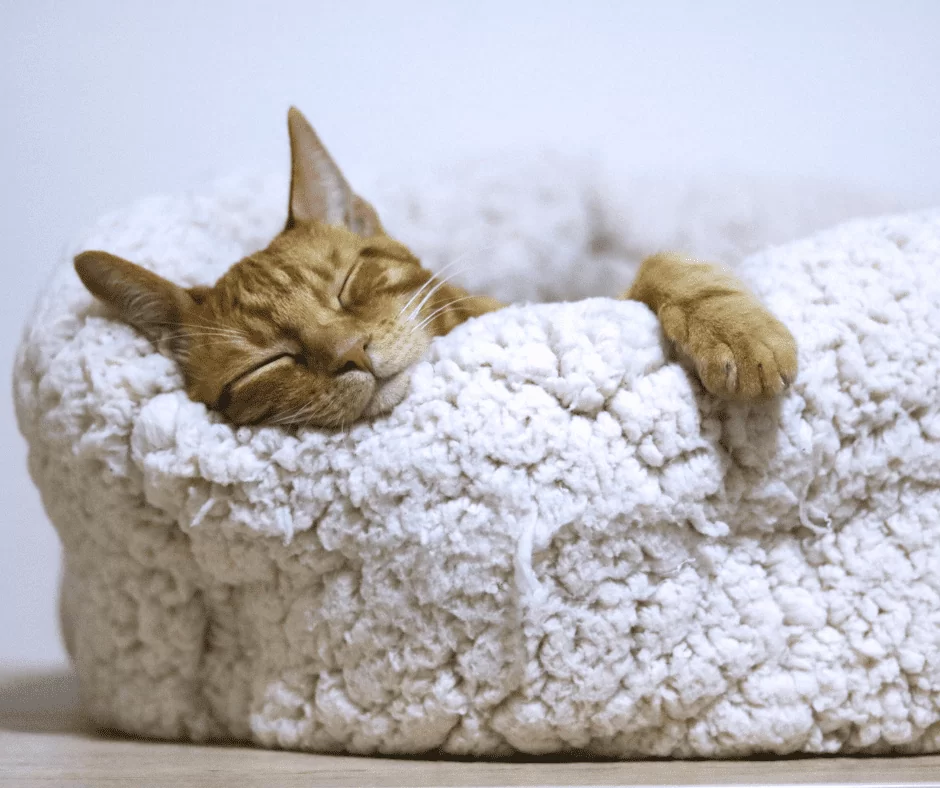
Making sure that we get enough sleep is vital. Sleep helps us to maintain optimal health and wellbeing, it’s a time when our body and mind repair and recharge themselves.
So why are so many of us now having interrupted nights with poor quality sleep? What are the effects of poor sleep on the mind and body, and how can we redress the situation so that we all drift off into a deep, healthy sleep?
What’s Keeping You Awake At Night?
In today’s hectic world, very few of us go to bed with a clear mind. Although we may feel tired, our brain is still processing the day’s activities.
Conditions such as stress and anxiety are major contributors to sleepless nights, with sufferers getting caught in a vicious cycle of anxiety as to why they can’t sleep.
Then there’s our reliance on technology. Evenings spent scrolling on our phones or tablets, chatting on messenger apps, and playing games can interfere with the quality of your sleep: the blue light emitted from phones and tablets blocks the hormone melatonin, which makes us naturally sleepy.
A poor diet, or eating late at night, will also delay your ability to drift off. You may want to sleep – your body wants to stay awake to process and digest all of that food!
It Doesn’t Matter. I’ll Catch Up At The Weekend
If only it was that simple! The recommended amount of sleep for an adult aged 18-60 years old is 7+ hours per night.
Daytime tiredness, constant yawning and irritability are just the tip of the iceberg. The body’s internal systems rely on sleep to function properly. Sleep deprivation will affect your central nervous system, your immune system, the respiratory and digestive systems, and your cardiovascular system – all of which leave you prone to infections, stress, high blood pressure, weight gain and even hallucinations.
And no, all of those double-espressos aren’t the answer, as whilst they wake you up in the daytime they’ll also keep you wide awake at night.
I Need To Sleep! What’s the Answer?
Let’s start with looking at your habits, and whether it’s possible to re-train yourself so that you’re working with your body, and not against it.
Studies have revealed that by increasing the amount of bright light you have during the day helps to keep your circadian rhythm healthy, which improves daytime energy, as well as night-time sleep quality and duration. It can also help to reduce the amount of time It takes you to fall asleep.
Whilst you’re increasing the bright natural light, it’s time to decrease the melatonin-blocking blue light. Make an effort not to use your phone or tablet before you go to bed (try two hours). Most devices have a night setting too, which reduces the amount of blue light your screen emits.
Cut back on the caffeine late in the day as it can stay elevated in your blood stream for 6–8 hours. Bear in mind that caffeine is also found in tea and cola drinks, as well as those delicious cappuccinos and lattes!
Try not to be tempted into taking daytime naps. This will confuse your body even more. Do your best to work through the tiredness so that your brain knows when it’s bedtime. Keeping regular bedtimes and wake-up times will also help your body to get into a regular routine. Rather than napping, try some gentle exercise or a walk to wake yourself up – that too will help you drift off later.
Fancy a nightcap? It’s widely believed that a tot of something alcoholic will help you sleep. This is an old-wives tale. Alcohol before bed can actually make your sleep pattern worse.
Think of your environment. Make sure your bedroom is at the right temperature conducive to sleep – experts recommend aiming for around 20°C. Consider the lighting in your bedroom, your bed linen, and other distractions such as light pollution from outside.
Preparing yourself for sleep by having a relaxing evening, not eating too late and having a warm, scented bath will all contribute to notching up those hours of shut-eye.
The Holistic Approach
At Tonic Day Spa we hear our clients, on a daily basis, say that they’re tired or they’re suffering from poor sleep.
We offer a range of massage treatments which work with the body’s systems to calm and restore the mind and body. Knowing which areas to work on, getting the pressure right, combining our expert knowledge with the appropriate essential oils, room temperature and relaxing music all play their part in the magic of massage.
It’s not unusual for clients to actually fall asleep whilst being massaged – and from a therapists’ perspective, this is one of the greatest compliments you can pay us!
The majority of our regulars claim that for a few nights after their massage, they experience “the best sleep ever” – which is why they keep coming back for more.
Reflexology and reiki can also help to rebalance the body and mind, leading to a better quality of sleep.
For those who would like to take something home to aid sleep, we highly recommend the Sensory Self-Heating Eye Masks, as well as our own aromatherapy Senses range of room fragrances, candles, essential oils, bath salts, and body lotions.
Sleep is vital to our health and wellbeing, yet so often brushed aside in favour of a busy lifestyle. If sleep is your enemy, we’d love to work our magic on you with a luxurious, sleep-inducing massage treatment.
We’d like to think that once you’ve experienced a calming treatment with us, you’ll be back!